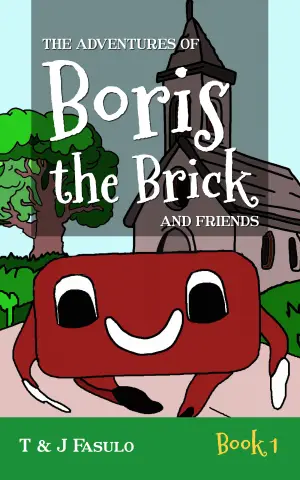A Reflection on Humanity: My Thoughts on The Book Thief
When I first picked up The Book Thief by Markus Zusak, I must admit, it was the quirky premise that caught my attention. A story narrated by Death? I couldn’t resist. But what truly kept me riveted was how this narrative unfolded the lives of its characters amid the harrowing backdrop of Nazi Germany. As I dove deeper into Liesel’s world, I realized this book isn’t just about stealing books; it’s a profound exploration of love, loss, and the power of words.
At its heart, The Book Thief follows young Liesel Meminger, who becomes the titular character after stealing her first book from a graveyard. Through her eyes, we experience the struggles of her family, her friendship with the spirited Rudy Steiner (and by the way, yes, his hair does look like a lemon!), and their secret mission to protect Max, a Jewish man hiding in their basement. Liesel’s relationships are beautifully crafted, and you can’t help but root for her as she navigates friendship and an unforgiving world, learning that words can be both weapons and solace.
One of the standout qualities of Zusak’s writing is his unique narrative style, where Death serves as both commentary and guide. It’s fascinating how he breaks the fourth wall while offering a glimpse of the events to come, often with dark humor and casual irreverence. For example, Death tells readers, “This book is not gonna end well.” It’s jarring and yet utterly engaging, provoking a mix of dread and curiosity.
The pacing, however, took me by surprise. There are moments where it felt like the story meandered, especially in the early chapters where not much seemed to happen. Yet, those seemingly mundane snippets add layers to the characters and set the stage for the deeper emotions that follow. It’s a reminder that life isn’t solely about grand gestures; often, it’s the quiet moments that shape who we are.
Quotes like “Sometimes I think we sort of committed the crime of being alive” lingered in my mind long after I closed the book. They encapsulate the weight of the narrative and the realities of living under a regime that sought to erase individuality. This balance of profound truths wrapped in a story about a young girl steals your breath as much as it steals your heart.
For anyone who cherishes stories layered with human emotion and historical depth, The Book Thief is essential reading. It invites you to not just witness history but feel its impact. This book speaks to anyone with a love for words, friendship, and the resilience of the human spirit. As for me, it left an indelible mark on my heart, reminding me that even in the darkest times, stories have the power to connect and heal.
If you’re looking for a book that challenges you while simultaneously offering moments of beauty and reflection, I wholeheartedly recommend The Book Thief. Prepare yourself, though—bring tissues, not just for the tears but for the profound revelations that await you within its pages. You won’t regret it.






